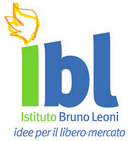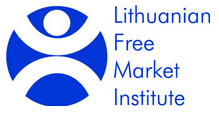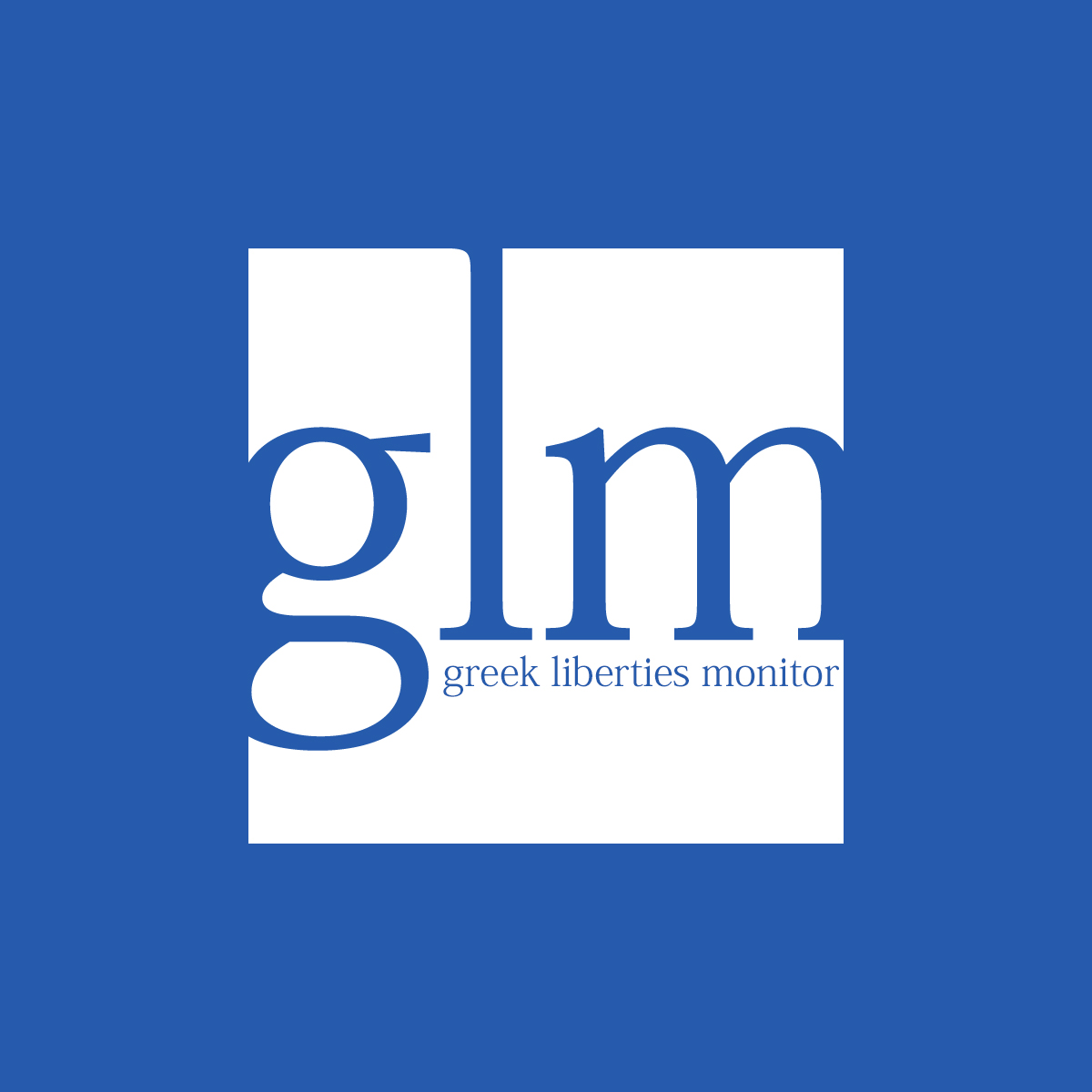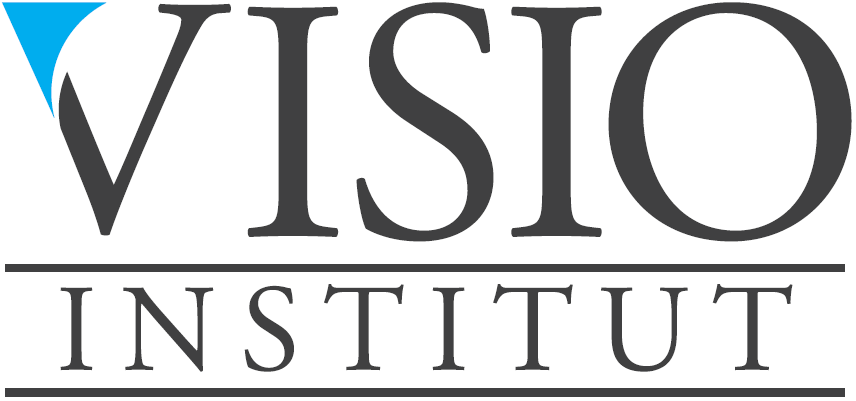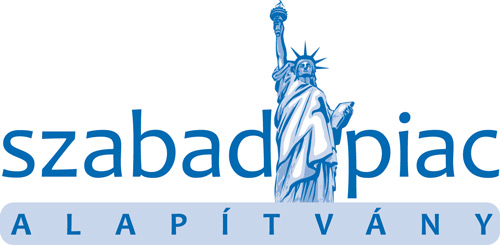About
The Nanny State Index (NSI) is a league table of the worst places in the European Union to eat, drink, smoke and vape. The initiative was launched in March 2016 and was a media hit right across Europe. It is masterminded and led by IEA’s Christopher Snowdon with partners from all over Europe. The 2017 edition of the index was revealed during a full day conference in Brussels and featured high level discussions and debates between MEPs, industry experts, think tankers and regulators about the effects of regulation on health outcomes.
Enquiries: info@epicenternetwork.eu
Download the pdf here.
Categories
About the Editor
Christopher Snowdon is the head of Lifestyle Economics at the Institute of Economic Affairs. His research focuses on lifestyle freedoms, prohibition and policy-based evidence. He is a regular contributor to the Spectator Health blog and often appears on TV and radio discussing social and economic issues.
Snowdon’s work encompasses a diverse range of topics including ‘sin taxes’, state funding of charities, happiness economics, ‘public health’ regulation, gambling and the black market. Recent publications include ‘Drinking, Fast and Slow’, ‘The Proof of the Pudding: Denmark’s Fat Tax Fiasco’, ‘The Crack Cocaine of Gambling?’, ‘The Wages of Sin Taxes’, ‘Drinking in the Shadow Economy’, ‘Sock Puppets: How the government lobbies itself and why’ and ‘Closing Time: Who’s killing the British pub?’. He is also the author of ‘Selfishness, Greed and Capitalism’ (2015), ‘The Art of Suppression’ (2011), ‘The Spirit Level Delusion’ (2010) and ‘Velvet Glove, Iron Fist’ (2009).
Denmark 2017

Unlike its Scandinavian neighbours to the north, Denmark has a relaxed attitude towards alcohol advertising and it is the cheapest place in Scandinavia to drink beer, wine and spirits. It is also the only Nordic country that does not have a statutory closing time for bars.
The Danes have a cigarette vending machine ban in place but there is no retail display ban. More importantly for smokers, indoor use is much less restricted than in most EU countries. Although smoking is generally prohibited, there is an exemption for small pubs, and smoking rooms of any size are permitted in bars and restaurants.
Until 2016, Denmark had a less enlightened attitude to vaping. E-cigarettes were classified as medical products and effectively banned from sale. However, when the EU’s Tobacco Products Directive came into force in May 2016, the Danes legalised the sale of e-cigarettes and vaping fluids as consumer products. Vaping has always been permitted in public places (except public transport) and cross-border sales are legal if the seller is registered with the government.
Denmark was the first country in the world to limit the use of trans fats in manufactured food to such an extent that they are effectively banned. It still has a tax on confectionery but a disastrous tax on saturated fat was repealed in 2013. The Danish government subsequently abandoned its plans for a sugar tax, abolished its tax on sugary drinks and cut its beer duty.
Nanny state activists are fighting hard against the relatively tolerant attitude of the Danish government. In June 2016 it was revealed that the Danish Health Authority (Sundhedsstyrelsen) plans to completely ‘phase out’ smoking using tax rises, plain packaging and a display ban, and the Danish Council on Ethics – a government think tank – has called for a tax on red meat, ostensibly to combat climate change.
Loose snus, which escaped earlier EU laws, was banned in January 2016.
 Austria
Austria Belgium
Belgium Bulgaria
Bulgaria Croatia
Croatia Cyprus
Cyprus Czech Republic
Czech Republic Denmark
Denmark Estonia
Estonia Finland
Finland France
France Germany
Germany Greece
Greece Hungary
Hungary Ireland
Ireland Italy
Italy Latvia
Latvia Lithuania
Lithuania Luxembourg
Luxembourg Malta
Malta Netherlands
Netherlands Norway
Norway Poland
Poland Portugal
Portugal Romania
Romania Slovakia
Slovakia Slovenia
Slovenia Spain
Spain Sweden
Sweden Turkey
Turkey United Kingdom
United Kingdom
